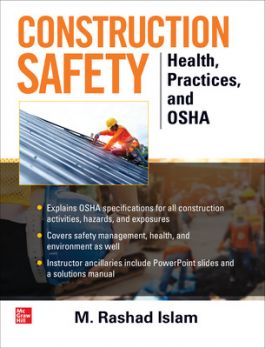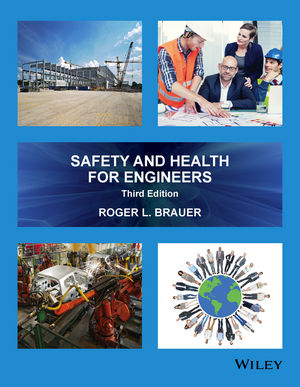OSHA updates its silica national emphasis program

OSHA has made changes to its national emphasis program (NEP) on silica, which is intended to identify and reduce or eliminate worker exposures to respirable crystalline silica (RCS) in general industry, maritime, and construction. The NEP targets specific industries expected to have the highest exposures to RCS and focuses on enforcement of the new RCS Standards, 29 CFR § 1910.1053 and 29 CFR § 1926.1153, which were published in the Federal Register, Vol. 81, No. 58, on March 25, 2016, and became effective on June 23, 2016.
Significant Changes This Instruction follows the cancellation of the 2008 Crystalline Silica NEP in October 2017. The following list highlights the differences between this replacement NEP and the former NEP:
• This replacement NEP addresses enforcement of OSHA’s standards for RCS, promulgated in 2016. One standard covers general industry and maritime, and the other covers construction. Both standards set a permissible exposure limit (PEL) for RCS of 50 micrograms per cubic meter (µg/m3 ) as an 8-hour time-weighted average (TWA). The former TWA PELs for respirable quartz silica were calculated based on silica content and were approximately equivalent to 100 µg/m3 for general industry and 250 µg/m3 for construction and shipyards (81 FR at 16294, March 25, 2016).
• This NEP contains an updated list of target industries, listed by North American Industry Classification System (NAICS) codes.
• For inspection procedures, this NEP refers compliance safety and health officers (CSHOs) to current enforcement guidance for the Respirable Crystalline Silica Standards. • State Plan participation in this NEP has been made mandatory.
• Area and Regional Offices shall comply with this NEP, but they are not required to develop and implement corresponding Local Emphasis Programs (LEPs) or Regional Emphasis Programs (REPs).
• Area Offices will conduct outreach programs three months prior to initiating NEP-related RCS inspections.
• Area Offices are no longer required to send abatement verification to the National Office
Because of the seriousness of the hazards associated with exposure to RCS and the prevalence of such exposures nationwide, State Plans are required to participate in this NEP.
Click here to view the detailed OSHA Instruction issued on the changes.
Looking for a reprint of this article?
From high-res PDFs to custom plaques, order your copy today!








